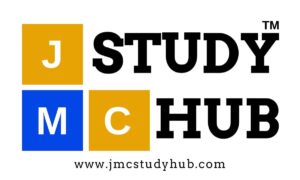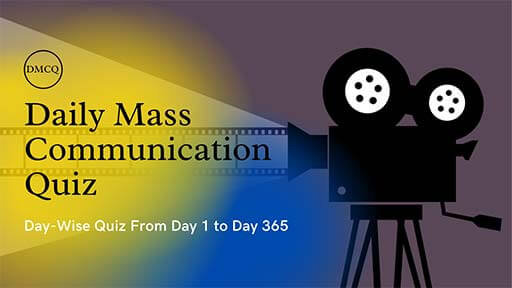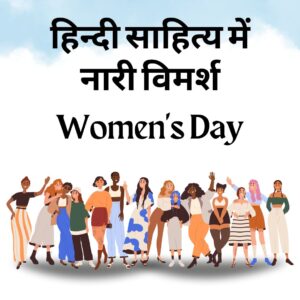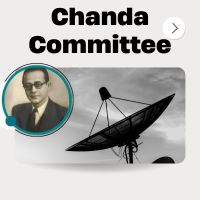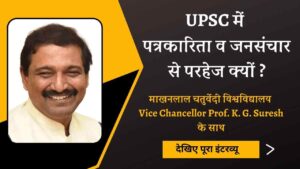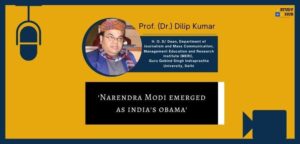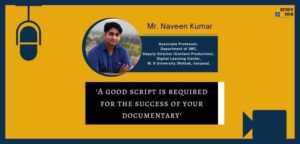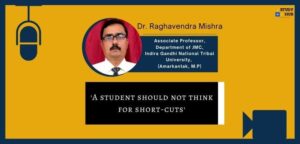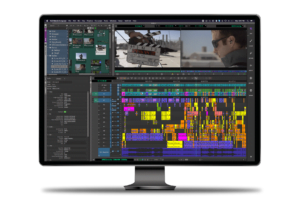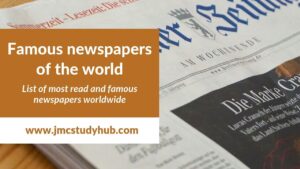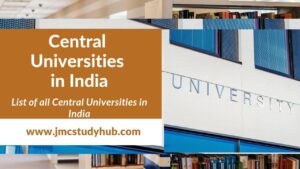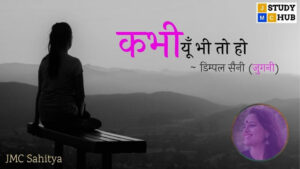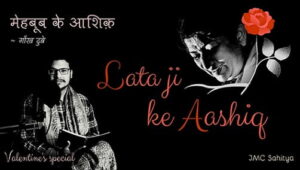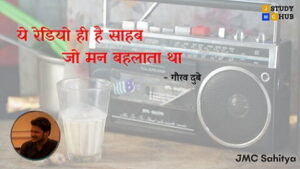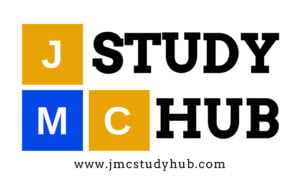Daily Mass Communication Quiz (DMCQ) boost your concepts through day wise solved quiz from the entire courses of Journalism and Mass communication (JMC) with detail explanations.
Journalism and Mass Communication Objective Questions (JMC Quiz)
Q 1. Who was a rhetor?
(A) Aristotle
(B) Nehru
(C) Chanakya
(D) All of these
Correct Answer: (D) All of these
Explanation: Rhetoric is the art of persuasion. The definition of a rhetor is a great speaker, or a teacher of rhetoric or public speaking.
Q 2. All Surveys are essentially
(A) Explanatory
(B) Communal
(C) Interdisciplinary
(D) Narrative
Correct Answer: (C) Interdisciplinary
Explanation: Questions in survey are from core areas and interdisciplinary
Q 3. Camera pivoting right or left is known as….
(A) Tilt
(B) Zoom
(C) Pan
(D) All of these
Correct Answer: (C) Pan
Explanation: A pan is a horizontal camera movement in which the camera moves left and right about a central axis. i.e. mounted in a fixed location on a tripod or shoulder, rather than a dolly-like movement in which the entire mounting system moves.
Q 4. Heart shaped pattern is described by….
(A) Cardioid Microphone
(B) Hyper cardioids mikes
(C) Super cardioids mikes
(D) All of these
Correct Answer: (D) All of these
Explanation: A micro phone with a cardoid pick-up pattern hears sound best from the front and actively rejects sound from behind. This mic is heart-shaped pickup pattern. A Supercardioid polar pattern is more directional than Cardioid; Hypercardioid even more so. Unlike Cardioid, both of these polar patterns have sensitive rear lobes (smaller in the Supercardioid) that pick up sound, which can make positioning.
Q 5. Device that converts one form of energy into another is….
(A) Depth of field
(B) Flowchart
(C) Transducer
(D) Neutral Density
Correct Answer: (C) Transducer
Explanation: A transducer is a device that converts energy from one form to another. Usually a transducer converts a signal in one form of energy to a signal in another19.
Q 6. The film “Balan” was directed by
(A) S. Nottani
(B) J C daniel
(C) Ramu Kariatt
(D) P Bhaskaran
Correct Answer: (A) S. Nottani
Explanation: Balan is a 1938 Indian Malayalam-language film directed by S. Nottani. It was the third feature film and first sound film in Malayalam. Based on the short story “Vidhiyum Mrs.
Q 7. Who is considered the proponent of cultivation analysis?
(A) Sean McBride
(B) Wilbur Schramm
(C) Marshall McLuhan
(D) George Gerbner
Correct Answer: (D) George Gerbnern
Explanation: The cultivation theory was proposed by George Gerbner. According to the theory, people who watch television frequently are more likely to be influenced by the messages from the world of television.
Q 8. Name the scholar who coined the expressions: ‘the Medium is the Message” and “Global Village”.
(A) Albert Bandura
(B) Marshall Mcluhan
(C) Leode Genero
(D) Wilbur Schram
Correct Answer: (B) Marshall Mcluhan
Explanation: “The medium is the message” is a phrase coined by the Canadian communication theorist Marshall McLuhan and introduced in his Understanding Media: The Extensions of Man, published in 1964. McLuhan proposes that a communication medium itself, not the messages it carries, should be the primary focus of study. He showed that artifacts as media affect any society by their characteristics, or content.
Q 9. What is the science of signs known as?
(A) Semiotics
(B) Communicology
(C) Ethnography
(D) Anthropology
Correct Answer: (A) Semiotics
Explanation: Semiotics, or semiology, is the study of signs, symbols, and signification. It is the study of how meaning is created, not what it is.
Communicology is the scholarly and academic study of how we create and use messages to affect our social environment.
An ethnography is a specific kind of written observational science which provides an account of a particular culture, society, or community.
Anthropology is the scientific study of humanity, concerned with human behavior, human biology, and societies, in both the present and past, including past human species.
Q 10. Who is director of Appu Trilogy?
(A) Mahesh Bhatt
(B) Adoor Gopalakrishnan
(C) Satyajit Ray
(D) Ritwik Ghatak
Correct Answer: (C) Satyajit Ray
Explanation: The Apu Trilogy comprises three Indian Bengali language films directed by Satyajit Ray: Pather Panchali, Aparajito and The World of Apu. They are frequently listed among the greatest films of all time and are often cited as the greatest films in the history of Indian cinema.
